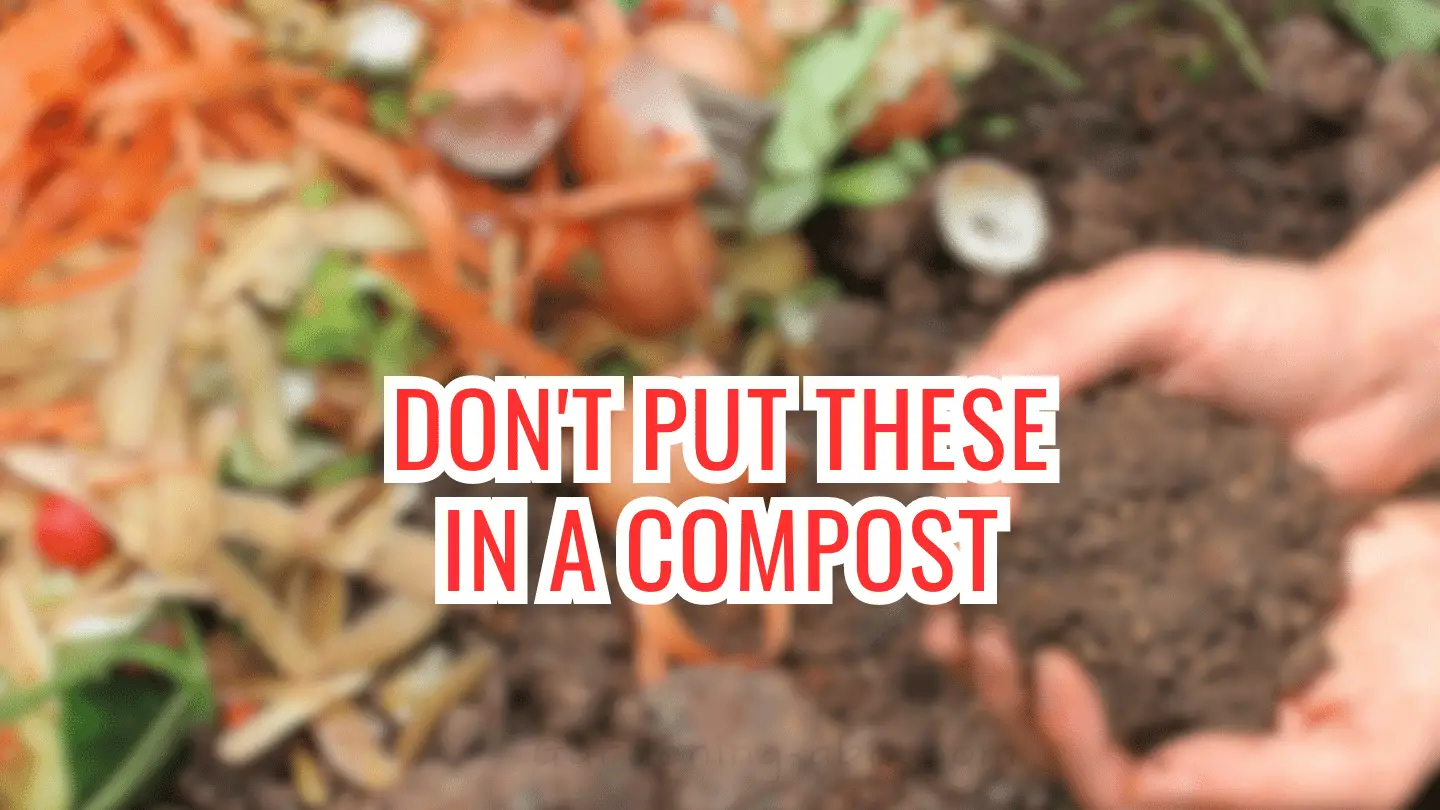We use affiliate links to run our site. When you buy through links on our site, we may earn an affiliate commission, without any added cost to you. Learn more
You love to compost. It’s great for the environment, and it cuts down on your garbage bills. But sooner or later you will realize that some of your ingredients can’t be composted and they should be avoided at all costs.
Why? Because either there are some things you can’t compost, no matter how hard you try or they can actually do more harm than good to your compost pile.
Creating a compost pile is one of the basic steps you can take for organic gardening. But it can also be very confusing what to compost and what to avoid.
In our earlier article, we discussed what can be composted. This article is all about what not to compost. If you had read the earlier article you know that most of the products that we see around us can be composted.
But to make the process of composting smooth and to prevent any unwanted impacts on the plants we should shun some elements in the process of composting.
So without any more delays, let’s get started…
Table of Contents
7 Things That You Should Never Add To Your Compost Pile
The followings are the seven things you should never put in a compost pile. If you put these things in your compost, it can cause problems with the decomposition process, and even attract pests.
1. Coal/Charcoal:
If you’re looking to add new material to your compost pile, charcoal is not the way to go. Charcoal is often thought of as a “miracle ingredient” that can be used for everything from whitening teeth to purifying water.
However, there are some things that charcoal should never be used for – and one of those things is composting. That’s because they are known for their slow decaying rate and it takes a very long time to decompose.
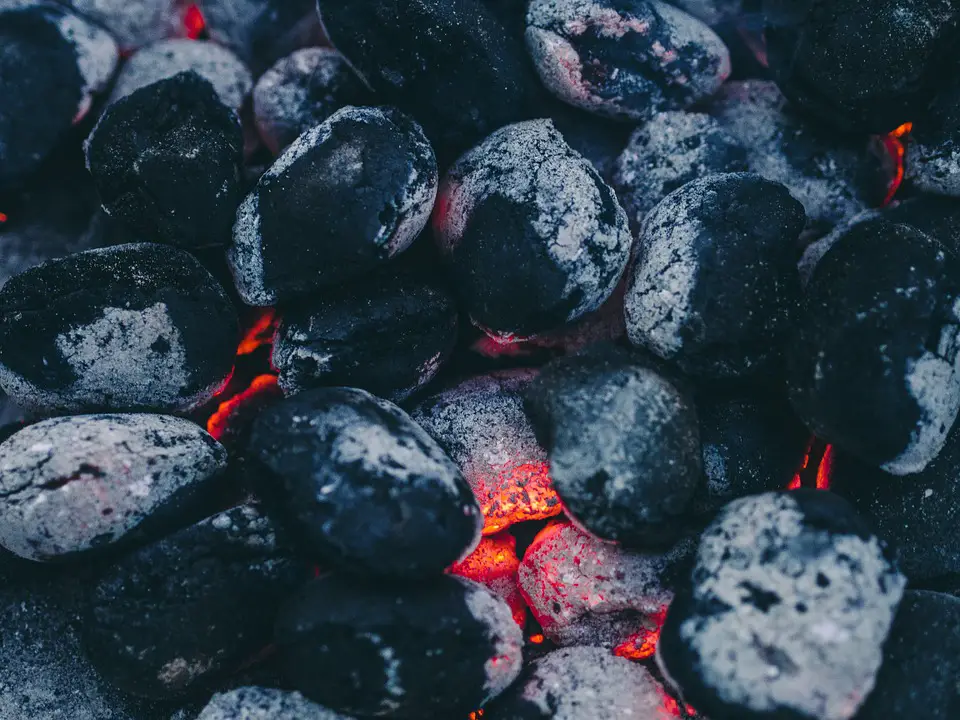
This is the reason why archaeologists used charcoals for calculating the age of ancient and prehistoric materials which are more than a thousand years old.
So when our basic purpose is to decompose the materials quickly, it makes sense to avoid such materials. Besides coals sometimes contains an excessive amount of sulfur and iron which can be toxic to most plants.
Charcoal can also absorb essential nutrients from other compost ingredients, making them less available for your plants.
So just to fill the gap created by shrinking the compost pile doesn’t add charcoal or coal ash. can slow down the decomposition process and make the finished compost less effective.
2. Colored Papers:
Most people don’t know that colored papers should never be put in the compost pile. Here’s why:
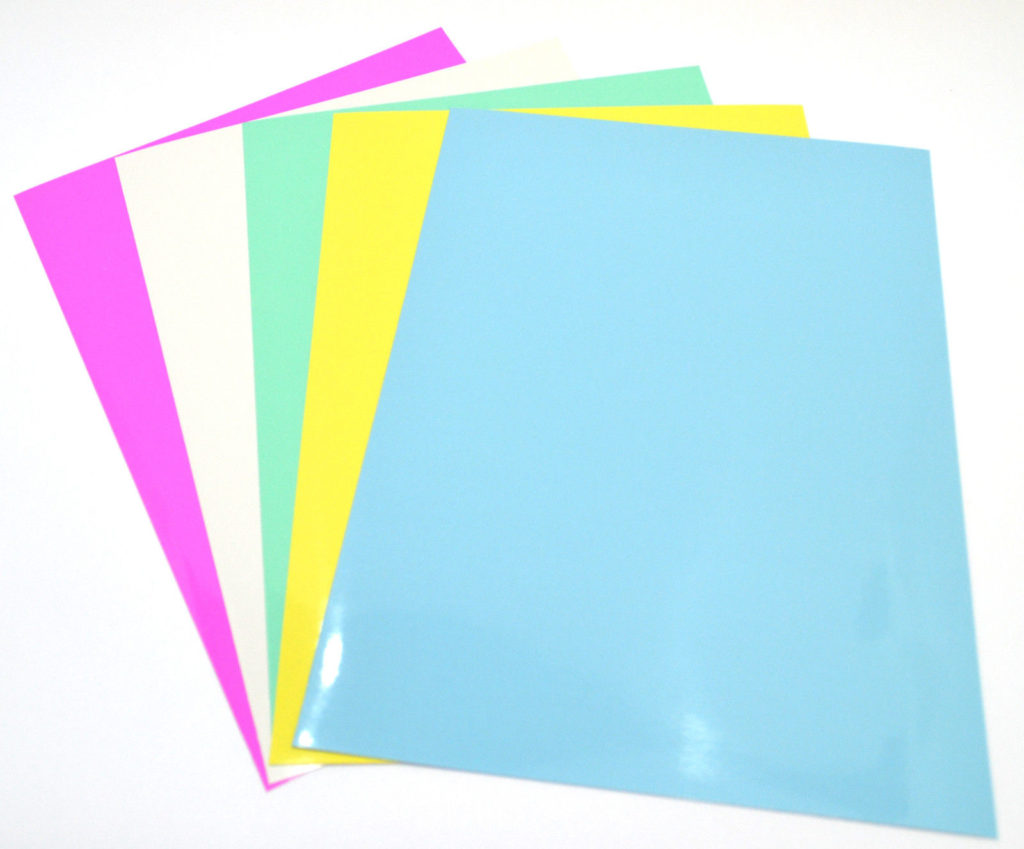
Most colored, glossy papers contain chemicals and heavy metals like lead or mercury that can leach into the soil and contaminate your plants. These chemicals can be very lethal to the well-being of the plant as well as to the person who will consume the crop.
Though nowadays governments around the world have made strict laws to prevent the use of heavy metals in the production of color pigments, we are never quite sure about the contains.
So next time you go to toss that colorful flyer or ad into your compost bin, think twice! Stick to uncolored paper or better yet, recycle it instead.
Paper is basically cellulose so it will break down slowly. That means they’ll take longer to decompose in your compost pile, and could end up clogging up your compost bin.
Add the paper in small amounts and prevent it from forming a layer. Always spread them throughout your compost pile.
3. Diseased Plants:
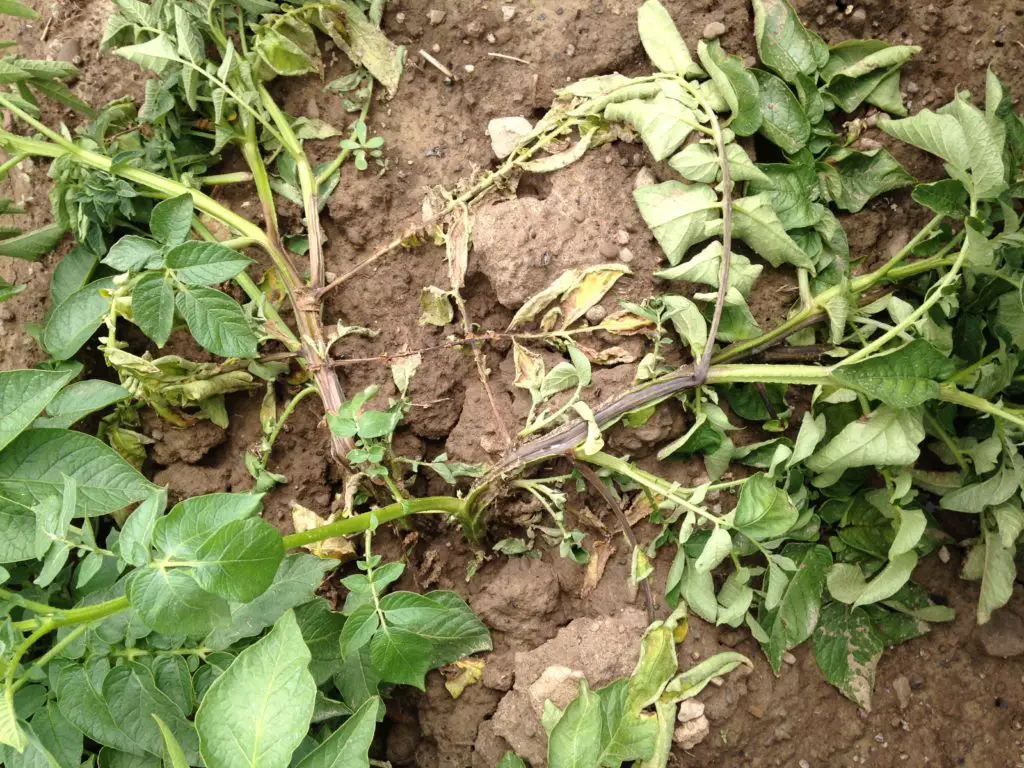
It is common sense to avoid diseased plants or part of them. The pathogens present in the plants can sometimes survive the heat generated by the compost pile and then it can cause a fresh attack on the plants where you are putting your compost.
Potato tubers that are affected by wart diseases or the stalks affected by sclerotia should not be put inside the pile.
Cabbages affected by clubroot, celery leaves with blight, and onions with mildew are some examples of diseased plants which are very hard to destroy, and only an “ideal compost pile” provides the necessary condition to destroy these pathogenic organisms.
So if you have any doubt about the steady heating of your compost pile it is better to avoid these plants.
4. Pet Droppings:
When it comes to composting, one thing you should never put in your pile, and i.e, pet droppings. Though you may think they’re biodegradable, pet droppings can actually introduce harmful pathogens into your compost, which can then contaminate your plants.
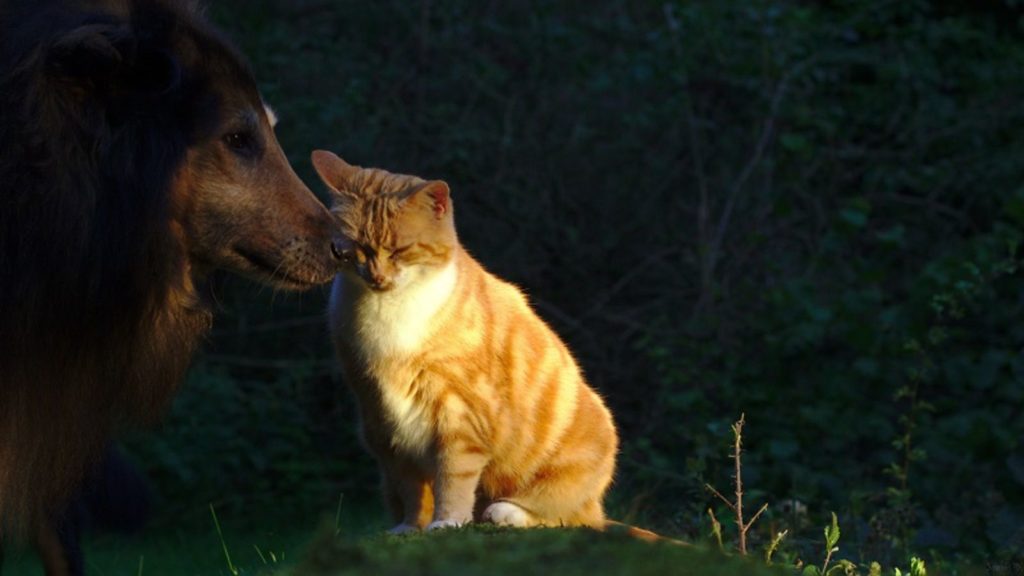
Cat droppings, in particular, contain nematodes, tiny parasitic worms, and other parasites which can enter through the mouth and can cause eye or brain diseases. This is also the reason why children and pregnant women are advised not to handle cat litter.
For the health of your plants and the safety of your family, it’s best to keep pet droppings out of your compost pile.
5. Non-biodegradable Items:
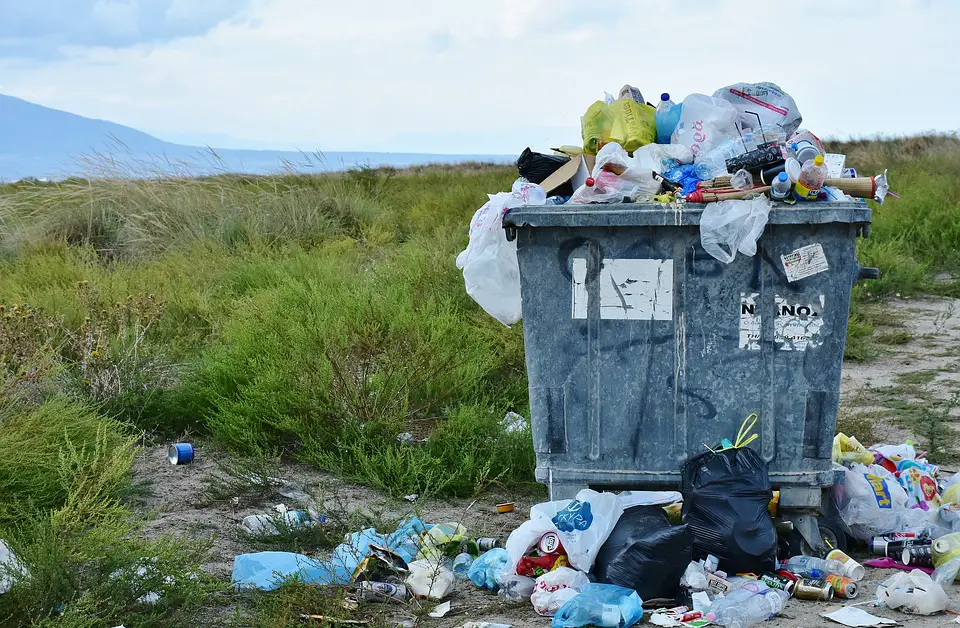
As the name suggests they are not going to get decomposed in the pile. Materials such as plastic, aluminum, other metals, glass, synthetic fibers, etc. are not going to add any value to your compost heap.
Though non-biodegradable Items are not necessarily toxic to the plant they will remain as it is and would be of no help in the composting process.
Real rubber is organic in origin and biodegradable, the rate of degradation is pretty slow. So avoid it too.
So what should you do with those non-biodegradable items? Recycle them! Most communities have recycling programs that will accept metals, glass, and some types of plastics.
6. Sludge:
While some people think it is okay to put sludge in the compost pile, it is actually very harmful to do so.
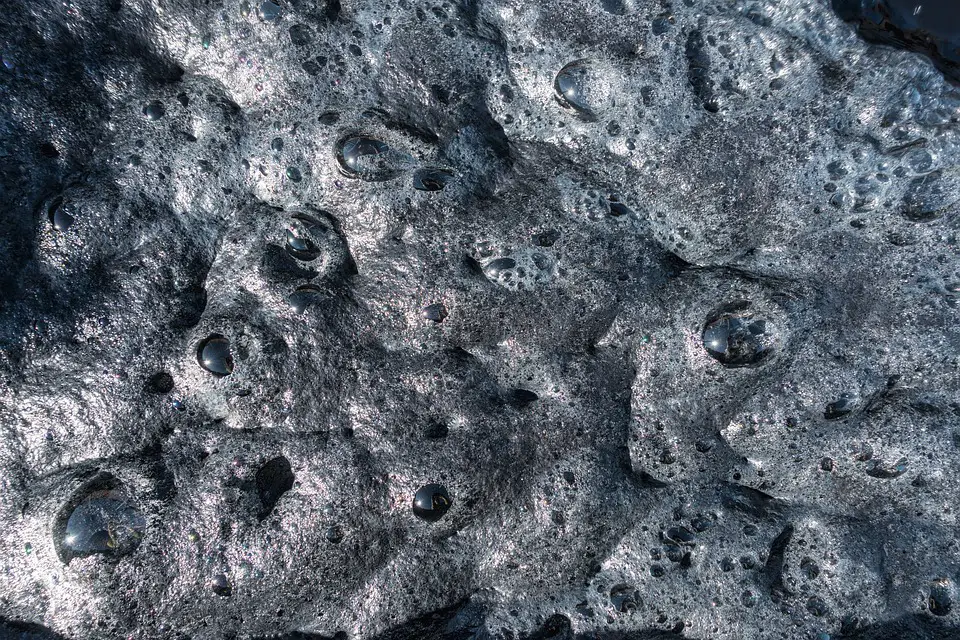
Sludge is the solid, semisolid, or liquid residue generated during wastewater treatment. Most of the time the toxic materials get infested in the sludge and can cause disaster for your garden.
If you live in a place where there is little or no industry, the sludge from your sewage may be safe to use in the compost.
If you are getting treated sludge which is available commercially in different garden centers you may use it but make sure these are treated under EPA’s (Environmental Protection Agency) guidance.
Nonetheless, it is not a very good idea to use sludge in your compost. Most gardening experts also recommend not using them.
7. Toxic Chemicals:
Most people don’t think twice about putting their leftover pesticides and insecticides in the compost pile with their other food scraps. However, this is a very bad idea.
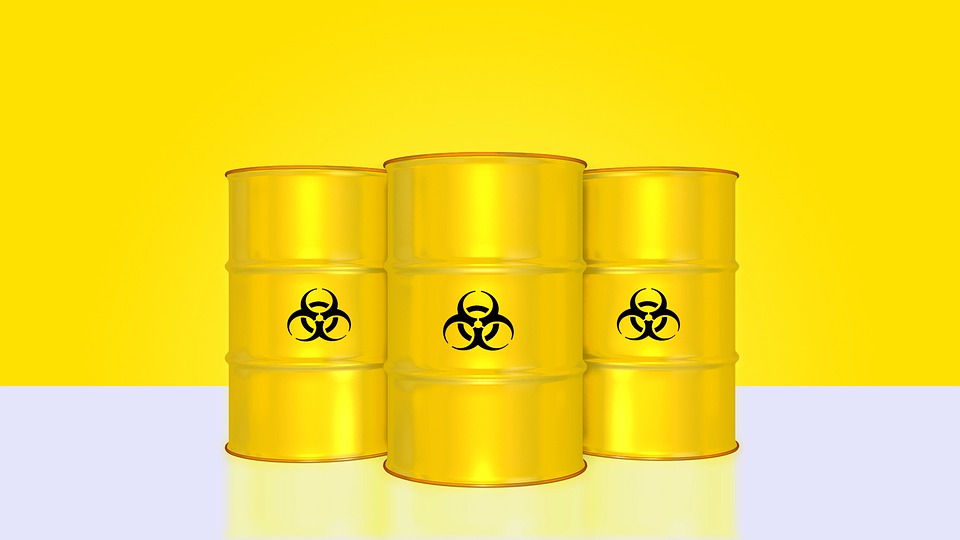
There are a few key reasons why you should never put toxic chemicals like insecticides or pesticides in your compost pile.
First and foremost, these chemicals can be hazardous to both humans and animals. Pesticides and insecticides are designed to kill living things. When you put them in the compost pile, you’re exposing beneficial bacteria and insects to these hazardous chemicals.
This can lead to a decrease in the overall quality of your compost.
Second, they can linger in the soil for years, potentially contaminating food crops or can leach into the ground and contaminate groundwater supplies. This is a serious health hazard for both humans and animals.
Finally, there are more eco-friendly ways to manage pests. As organic gardeners, we should always be at a safe distance from those hazardous chemicals.
If you care about your family’s health, it’s important to keep these dangerous chemicals out of the compost pile.
Conclusion:
Composting is a great way to reduce waste and help the environment. However, there are some things that you should never put in the compost pile. Putting these things in the compost pile can attract pests, create odors, and spread disease.
By knowing what not to compost, you can help keep your compost pile healthy and free of contaminants.
Let’s do our part in keeping our compost piles healthy and free of harmful contaminants. Share this post with your family and friends to spread awareness about composting and encourage them to join this eco-friendly practice.
You can explore more on this site to learn more about gardening and composting.
Don’t Forget To PIN IT for future reference!!!
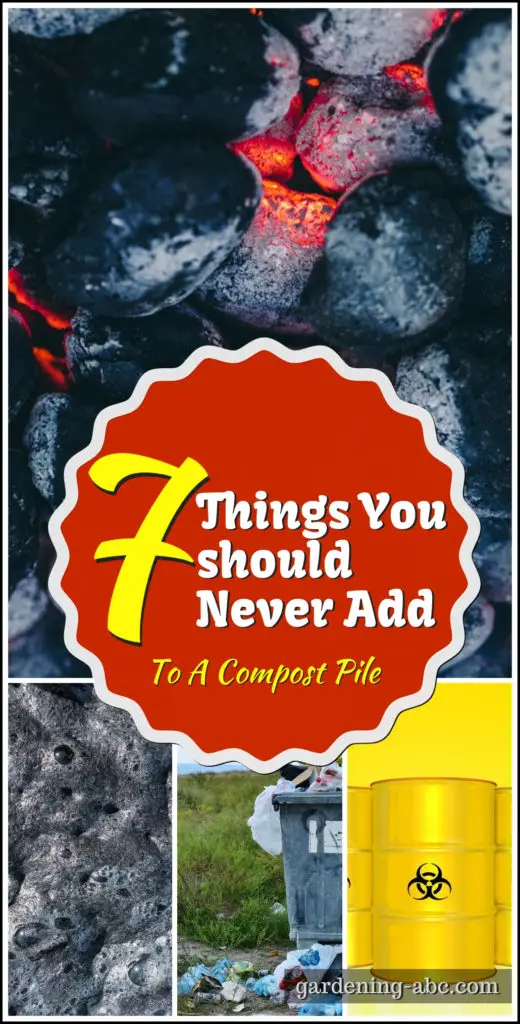
Frequently Asked Questions:
Can I compost bread?
Yes, you can compost bread. But do it in moderation. Bread tends to be high in carbohydrates, which can attract pests and create an imbalance in your compost pile.
Can I compost lemons?
Yes, you can compost lemons and other citrus fruit peels. Citrus peels decompose slower than other compost materials, so it’s best to chop them into smaller pieces to help speed up the composting process. Additionally, using a well-balanced mix of green and brown compost materials will aid in breaking down citrus peels effectively.
Can you compost meat?
No, it’s not recommended to compost meat, including any cooked or uncooked meat scraps. Meat can attract unwanted pests and rodents to your compost pile, creating an unpleasant and unsanitary situation.
Only if you have access to a special type of composting system that can handle meat, like a hot composting setup, you may consider composting small amounts of cooked meat, but for most backyard composters, it’s best to avoid composting meat altogether.
Can I compost chocolate?
Yes, you can compost chocolate in small quantities. But remember Chocolate is rich in sugars and fats, which can slow down the composting process and attract pests.
Can I compost tofu?
Yes, you can compost tofu and other soy-based products. Tofu is a good source of nitrogen, making it a green compost material. Tear or cut the tofu into smaller pieces before adding it to the compost pile for quicker decomposition.
Can you compost eggshells?
Absolutely! Eggshells are a great addition to your compost pile. They are rich in calcium, which can benefit your plants as they break down. Crush the eggshells into small pieces, as this will help them decompose faster in the compost.
Can you compost pasta?
Yes, you can compost pasta, but it’s better to do so in moderation. Pasta is made from wheat, which contains carbohydrates. Large amounts of pasta can lead to a slimy compost pile, so use it sparingly.
If you have cooked pasta leftovers or expired dry pasta, you can add them to the compost bin. Break up the pasta into smaller pieces to help it decompose more efficiently.
Amazon and the Amazon logo are trademarks of Amazon.com, Inc, or its affiliates.
